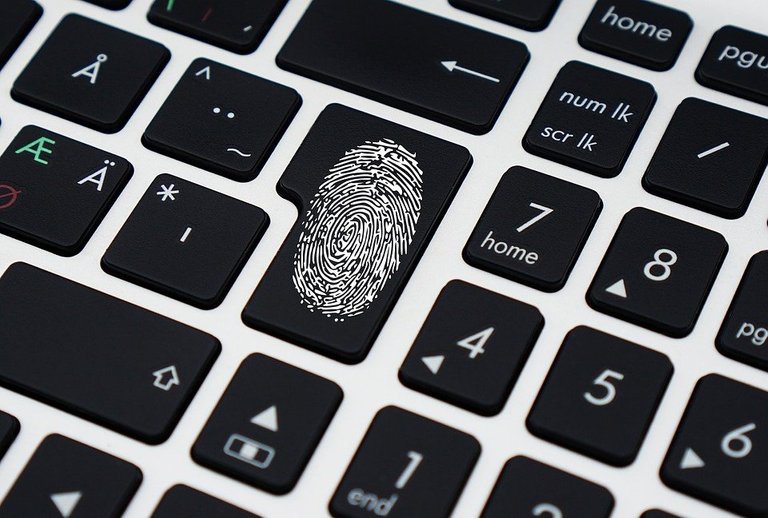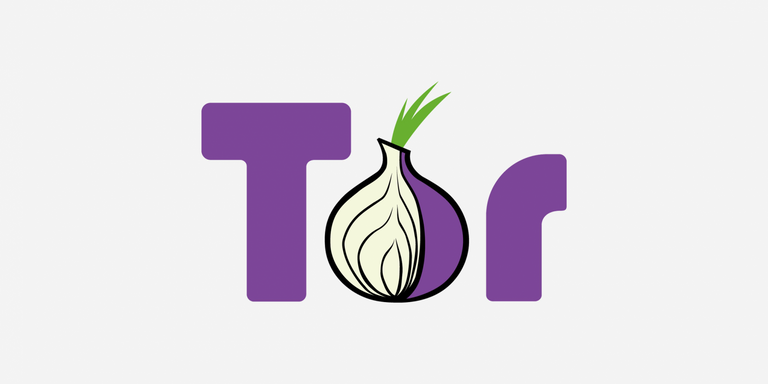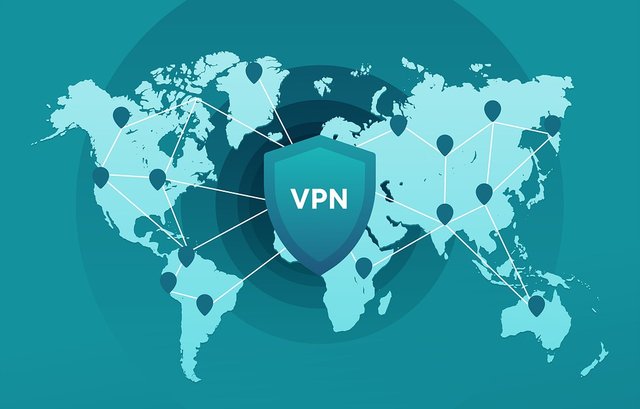
Privacy describes what personal information about you is revealed to others and who gets to see them. Anonymity describes how the information you show to everyone can be linked to you.
If you are alone inside your house and your walls, windows, and doors are covered such that both light and sound cannot pass through (and your electronic devices completely secured against unauthorized access), then you are (almost) completely private. However, you are not anonymous, since everyone can still determine where your house is (or where you are, to some degree). You are private, but not anonymous. (The word "onymous" is the antonym of "anonymous".)
On the other hand, if you show yourself to public while covering your whole body (including face) such that no part of your skin is visible, and speaking and moving just like anyone else, then you are anonymous, assuming that no one captures you or tracks you to/from your house. However, you are not private, since everyone knew what you did and spoke. You are public, but anonymous.
Regarding online privacy and anonymity, the following apply:
If you use VPN, you have privacy from your ISP and other snoopers, and your VPN provider has several ways to disguise your traffic so that even your ISP cannot determine that you are actually using a VPN, but you are not anonymous (to your VPN) since you always use your real IP address when connecting to the VPN (and an IP address is enough to personally identify the person behind a device).
Every server on the Internet where your network traffic passes through will determine that you are hiding something, but not what you are hiding (except the VPN and all routers in between the VPN and the website you are visiting when you give personally-identifiable information to the said website, if such websites is not protected by an SSL certificate issued by a reputable certificate authority). Basically, you place your privacy in the hands of the VPN provider, which in most cases is better than trusting your ISP or another person's WiFi service. If the VPN is totally honest (which is unlikely), then you are also guaranteed online anonymity. Nevertheless, a VPN provides some benefits that Tor cannot, such as the ability to bypass blocked online content and downloading torrents safely and rapidly.

On the other hand, if you use Tor, you have both anonymity (and some privacy), since nobody can trace any of your personally-identifiable information including your IP address. However, you won't have a lot of privacy here since Tor does not attempt to hide the fact that you are using it to hide something. Everyone where your network traffic passes through (especially your ISP) will know that you are (very likely) using Tor.
You do not need to trust Tor in order to obtain the benefits of using it, since its web browser is open-source, and has a technical guarantee that it is (almost) impossible to fail providing you anonymity and privacy, unlike just legal guarantees from VPN providers which you can sue only after you have proven (and have good evidence of it) that they indeed have violated your privacy (which is costly and you still have to win it). The only problem with Tor is that it is not designed to let you (but still possible to) unblock websites or download torrents (but if you really want total privacy and anonymity, use the Tails OS). If your ISP does not want you to use Tor, they can simply block access to all Tor nodes (whether guard, middle, or exit node).
Do you have questions about privacy and anonymity, or feedback about this post? Please comment below. Thanks!
P.S. @anonymouser is anonymous on Hive, but not private. Everything they post on Hive is public, but nobody could trace their activity on Hive back to their real identity (hopefully).
(first 2 images from Pixabay, the last image from Tor Project)
